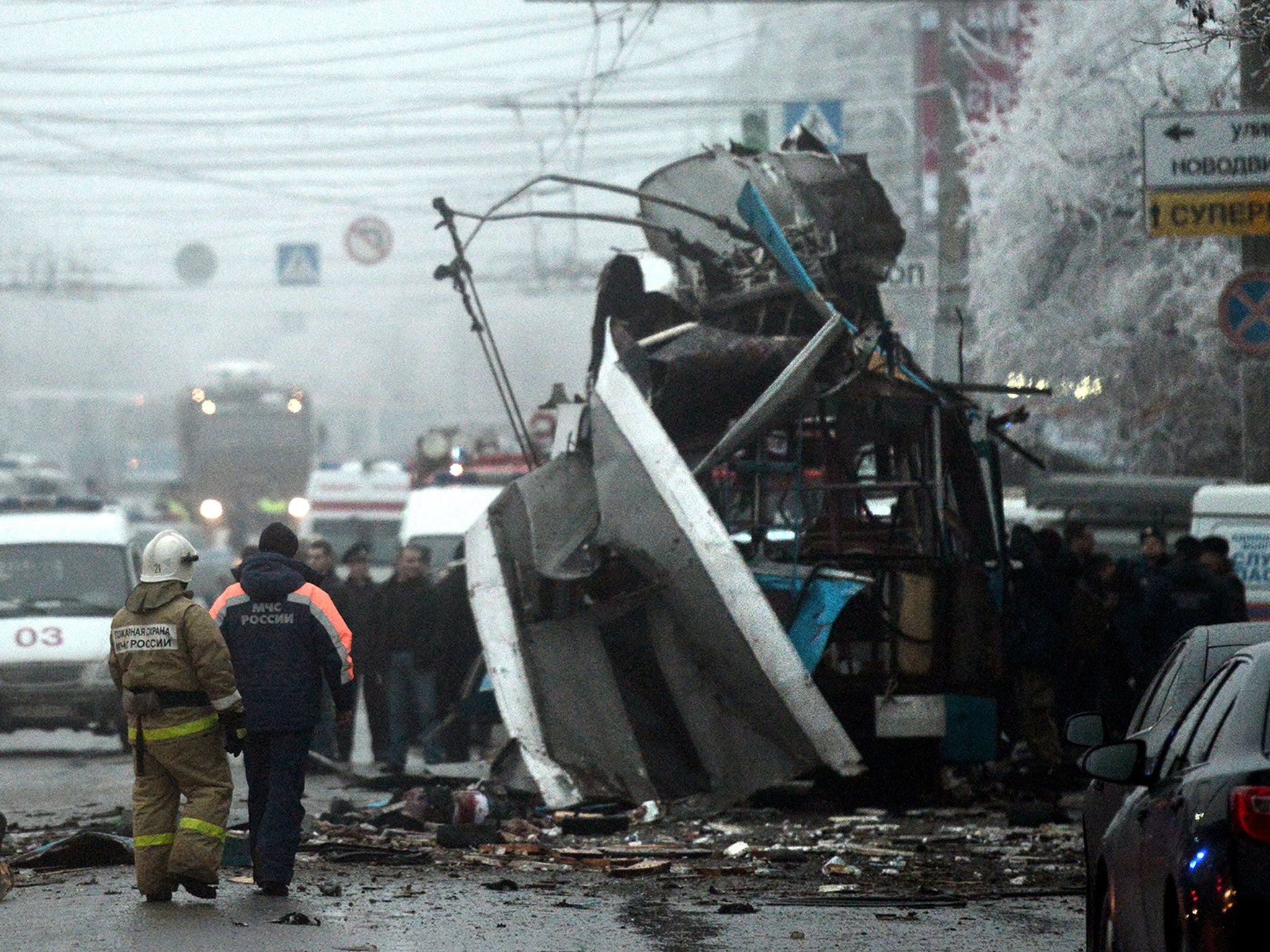The security fallout from the Volgograd atrocity won’t be pretty
President Putin wants the Sochi Winter Olympics to showcase Russia as an orderly state


Volgograd is one of the country’s busiest transport hubs, and these are some of the busiest travel days in the Russian calendar, with the new year holiday tomorrow and Orthodox Christmas next week. The city also has great symbolic value, though the ease with which the city can be reached from the troubled northern Caucasus may be more to the point.
But with two suicide bombings in as many days, more than 30 lives lost and more than 100 people injured, the morale of the city, and the country, cannot but be shaken. No wonder there were calls for a tough response.
Outside Russia, some have questioned how far the bombings were directly related to the Sochi Olympics and how far they might simply reflect the growing spill-over of Chechen separatist and Islamist violence across southern Russia. The imminence of the Games, however, and the way President Putin has made them into a personal as well as national project, has set up an obvious target.
Putin may have pre-empted his political foes with the freeing of the most prominent among them. But there was never any prospect of Putin being able to appease the outlaw leader of Chechen separatism, Doku Umarov. Last summer, Umarov called on his supporters to do all in their power to prevent the Games.
The Kremlin wants Sochi to be a showcase for Russia as an orderly, modern country. Anything that goes wrong jeopardises that ambition. Putin’s difficulty is that, while Sochi and its immediate environs can probably be secured, the same cannot be done for the whole of Russia. Attacks elsewhere would call into question Putin’s ability to guarantee security. There is now likely to be a massive intelligence effort to track down those liable to pose a threat, and moves to neutralise them by “all necessary measures”, as Putin put it after the first Volgograd bombing. But this will not be easy. Violence is now more widely dispersed across the northern Caucasus than it was – a consequence of the brutal way the Chechen President, Ramzan Kadyrov, has used the free hand he was given by Putin to pacify Chechnya.
None of this is likely to be pretty. But before outsiders leap to censure the Russian authorities, however, some awkward facts deserve consideration.
First, it took several law lords’ judgments to water down the harshest aspects of the anti-terrorism legislation proposed by the Blair government after 9/11.
Second, Sir Peter Gibson’s inquiry into allegations of UK involvement in rendition and torture left little doubt about UK complicity.
Third, security at Sochi will seem draconian, but remember the warship in the Thames, the anti-missile batteries on roofs and the soldiers staffing checkpoints at the London Olympics.
And fourth, Londoners showed extraordinary resilience after the bombings of 7/7. But the failure of a second plot, two weeks later, left a city on edge. The mood in Volgograd will be no less febrile, and the pressure to do something just as great.
Video: How safe is Sochi following bombings?
Join our commenting forum
Join thought-provoking conversations, follow other Independent readers and see their replies
Comments
Bookmark popover
Removed from bookmarks